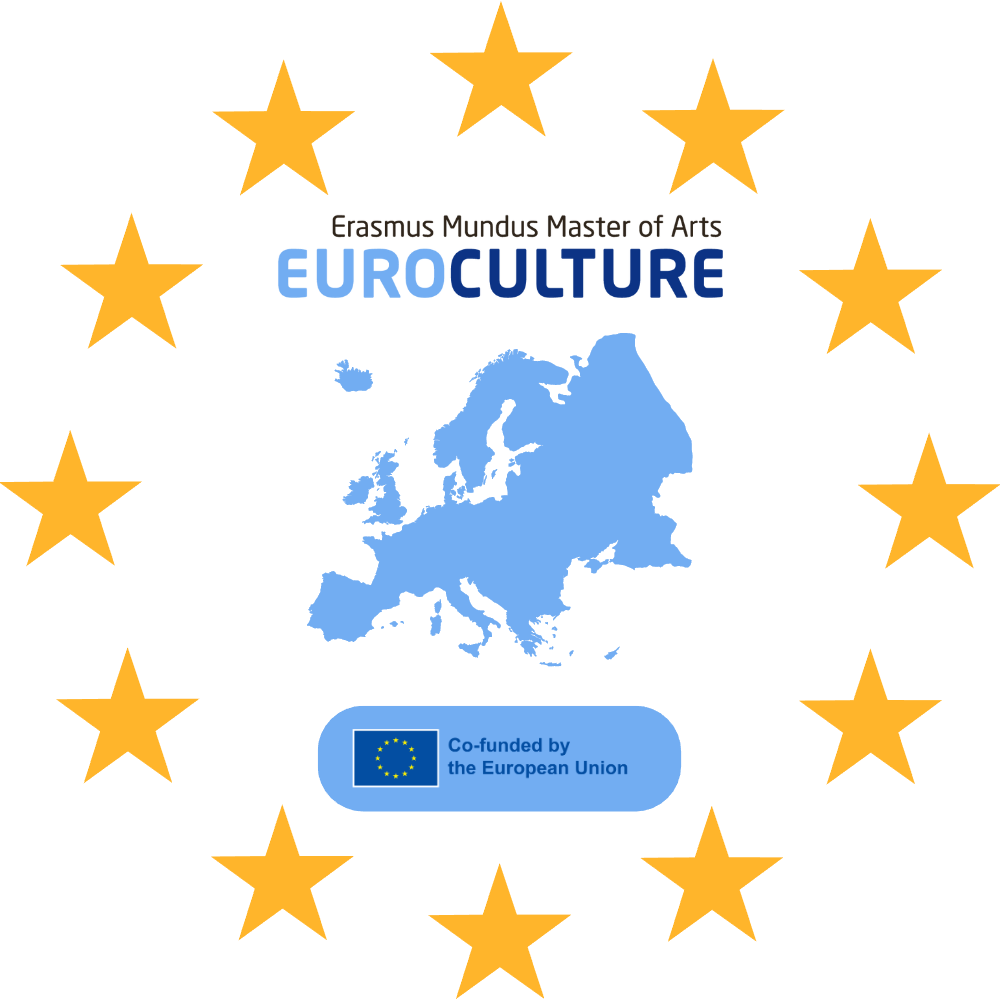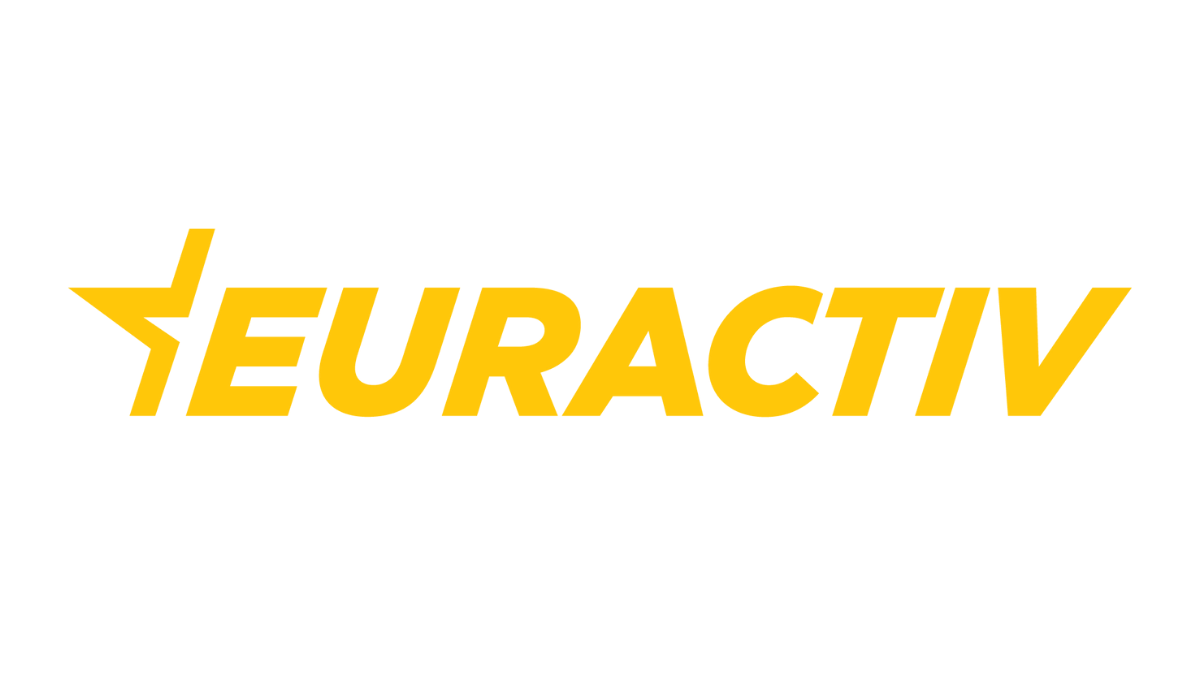
After Your Studies
The Euroculture Community
After Your Studies
Euroculture: European Politics, Culture, and Society in a Global Context is committed to enhancing the employability of its students upon graduation. Training our students in hands-on, transferable skills within the Eurocompetence modules, integrating a work placement during the studies, and building a community of students, alumni, and staff, all help us make the transition to the labor market easier.
Our graduates have built careers in the fields of politics and international relations, cultural management, research, journalism, policy-making, international business, and NGOs. Others have found careers in academia, taking up PhD research in many fields in the humanities and social sciences.
Where do Euroculture graduates end up working, and how does the Master help them to build their careers? Our student paper, the Euroculturer, regularly interviews current students as well as alumni about their internships and professional/academic experiences. We kindly invite you to find out more about them by going to the Euroculturer's website.
Alumni Report 2025: Positive experiences
In the Euroculture Alumni Report 2025, we note a very high degree of satisfaction with the key elements of the programme. Over 90% are very satisfied or satisfied with the multicultural environment of the programme. Similarly, 90% are highly satisfied with the mobility offer of the programme, its small-scale classrooms, and the choice between a professional and academic specialization in the third semester. Furthermore, students note high degrees of satisfaction with regard to both the interdisciplinarity and flexibility of the curriculum, the teaching skill of academic staff, and the support from coordination staff. Finally, the sense of belonging to an international student community both during and after their studies is perceived by alumni with an overwhelming 95% degree of satisfaction.
Alumni Report 2025: Key findings
Societal Impact – Alumni of Euroculture are (often deeply) embedded in a wide variety of positions in the public sector, private sector, and NGO’s, from the European institutions to social advocacy, research, politics, and education. They report high job satisfaction and work in impactful and highly relevant domains.
Diversity – Be it in terms of nationality (70+ different nationalities), academic background (15+ different disciplines), or career interests (100+ different employers surveyed), Euroculture can be seen as a highly diverse environment. Students and alumni recognize the great value of this diversity and the international community fostered by the programme. They recognize its effectiveness in preparing them for the next steps in their career.
Network – The sizeable alumni network of the programme fosters an environment of continued support, cooperation and solidarity even after graduation. Alumni exchange opportunities and build relationships that last well into professional life.
Mobility – The complex mobility scheme of Euroculture allows students to choose their preferred educational style and thematic focus, allowing them to study in environments best suited to them.
Flexible Curriculum – Students appreciate the ability to pursue their own interests through the flexible design of the curriculum, which has a positive impact on their personal and professional development.
Employability – Students find positions quickly and effectively in a wide variety of sectors.

Before Euroculture, I really struggled to get roles in the UK Government, possibly because my CV wasn’t that relevant to the public sector. I believe that Euroculture gave me the headspace, confidence and focus to plan and execute my career switch from the private sector into the public sector, as well as the EU-specific knowledge to excel in the EU-related roles I’ve had over the last 6 years.
Virginia Stuart-Taylor (2016-2018)

Career Prospects
Euroculture teaches its students to critically analyze and interpret the social and political processes in Europe and the world today, and to translate this analysis into practical solutions. As the programme is diverse and flexible, the career paths of our alumni also vary across fields. Below is more information on how Euroculture graduates fare once they leave university, based on the alumni survey conducted in 2025.
How quickly do you find a job with a Euroculture diploma?
The most recent Euroculture Alumni Report has shown that Euroculture graduates find their first relevant job in no time: 90% will secure a job within the first 6 months after graduation. This is a very positive result, that shows how well the programme equips its students with skills necessary for the job market. Skills-based courses such as Eurocompetence II and III and the professional/academic placement are noted as being particularly helpful to graduates with regard to finding a career suitable for them.
Where do Euroculture alumni generally work?
After graduation, Euroculture alumni end up working in a wide variety of different domains. The careers of alumni are as diverse as the background of the students themselves. The top six most prominent domains of employment are:
Politics & International Relations (22%)
Education (14%)
Communications & Media (12%)
Research (12%)
Corporate (10%)
Consultancy (10%)
Many other domains represented as well. For example, international development or humanitarian work, social affairs, environmental affairs, finance and economics are domains in which graduates may also end up working.
What kind of work do Euroculture alumni generally do?
Employer statistics don’t always specify, however, what the responsibilities of alumni generally tend to be. Our Alumni Report 2025 finds that, across a wide variety of different organizations, Euroculture alumni tend to find themselves in similar positions within different organizations. We note that Euroculture graduates most often take positions as project managers, consultants, policy makers, communications officers, researchers, and administrators. Graduates are well-prepared for such positions due to the skills-based training offered by Euroculture, combining soft skills / project management with complex academic issues. This trains graduates to be communicative and creative problem solvers with an affinity for working in (intercultural) organizations and businesses.
Examples of positions occupied by recent graduates (Last updated - March 2025)
European Commission – Policy Analyst
Green Climate Fund – Knowledge Management Officer
Federation for Innovation in Democracy (FIDE) – Project Manager
Ernst & Young – Public Policy Consultant
Consulate General of Spain in Manchester - Administrative Assistant
Wavestone – Senior Consultant
European Festivals Association – Project Manager
University of Peking – PhD Student
Estonian Social Insurance Board – Head of Unit (Family Mediation)
University of Luxembourg – Doctoral Researcher
Want to learn more? You can also find a sample list of professional placements pursued by students here. Furthermore, we have compiled a poster and a number of alumni stories, where our former students introduce themselves and their career paths after the Euroculture programme.

Euroculture gave me the foundations to easily work in and around EU institutions as well as get a grasp on how culture is financed throughout the EU.
John Beauchamp (2005-2006)

Erasmus Mundus Students and Alumni Association - EMA
Over 30.000 bright international students took part in the Erasmus Mundus programme already. Almost 16.000 of them are members of the EM Association!
The Erasmus Mundus Students and Alumni Association (EMA) offers an international professional and personal network for Erasmus Mundus students and graduates. Members can join professional networks and service teams to network and become active within the Association. Jobs board and special entrepreneurship section are offered to our members.
EMA members are ambassadors of the Erasmus Mundus. We share the idea of international education and spread the message around the world. Since its foundation EMA members have initiated or taken part in over 150 fairs, information seminars and promotional activites worldwide, using the promotional materials of EMA.
EMA serves as channel of communication for students, alumni, universities and the European Commission. There is a Course Quality Advisory Board to respond to the suggestions of the students.
Through Programme Representatives and Country Representatives EMA enables the potential Erasmus Mundus applicants to get in touch with the current students and graduates to receive a piece of advice and recommendations based on the experience of previous generations.
Who can join the Association?
newly accepted students of Erasmus Mundus Master or PhD Programmes (only Action 1) who have received an acceptance letter
current students and graduates of Erasmus Mundus Master or PhD Programmes (Action 1)
alumni of those courses which no longer are offered, but retain the Erasmus Mundus brand
How to become a member?

Eurocompetence, which looked into project management, development and EU funding, was exceptionally helpful to get a job in an international development sector upon graduation. In fact, it became the very first training for my career in project management.
Veronika Goncharova (2007-2009)

Arete: Alumni Association
Arete is the alumni organization of the Euroculture programme, managed by alumni and students. Its main purpose is to form a Euroculture network in order to keep in touch with each other and provide opportunities for exchanges and meet-ups.
Raison d’être
A well-functioning alumni organization is key to improve the positions graduates end up in. The Euroculture programme, with its fifteen years of connections and alumni, possesses a large potential network and Arete tries to get the most out of this. In addition, organizing and mobilizing graduates has been tough, for Euroculture operates mostly in eight European cities. With Arete it is easier for alumni to meet up, share experiences, expand their networks, do activities and most of all to have fun! In addition, it is easier for current Euroculture students to get to know alumni through the organization and make friends in higher and diverse places.
Arete: what’s in a name
The origins of the word Europe can be found in ancient Greece, where they referred to their territory as Europa. Of course the notion of Europe changed over the course of history and many have wondered –and still do- what Europe actually is. So do Euroculture students. Because of the Greek origins of the concept of Europe, the Euroculture alumni organization carries an old Greek name as well. Arete literally means ‘excellence’ and the notion was used to refer to being excellent in every way by effectively achieving results and living up to your potential. This is fitting for an organization which aims to enforce bonds among alumni of this ‘master of excellence’ in the best way possible to get the most out of everyone.
How does Arete operate?
Arete is a non-profit, voluntary organization with a personal structure. Central to the functioning of the group are representatives in different areas in Europe (and in some cases in the rest of the world!). There are two types of representatives: (1) alumni representatives, who represent their fellow graduates in the respective region; (2) student representatives, who represent current Euroculture students in their area to get students in touch with graduates. Representatives not only try to organize events themselves, they can also provide assistance to bring initiatives from other graduates and students into fruition.
Arete’s competences
A platform through which alumni and students can interact and connect;
Regular meet-ups in different cities;
A gateway for alumni to stay in touch and connect with each other and the Euroculture programme;
Regular job postings;
An up-to-date database for the consortium.
How can I join?
Arete’s social media presence has moved to LinkedIn and is now merged under the new banner ‘‘Euroculture Community’’. Join us by clicking the link below! LinkedIn: Euroculture Alumni: Arete

Euroculture opened my eyes to a wider world, setting me off on an international track that has enriched my career.
Floris Langen (2001-2002)

Resources
We’re committed to informing our students and alumni about career opportunities. Check out some resources deemed useful by Euroculturers past and present! Have a suggestion for a feed to add? Let us know!










